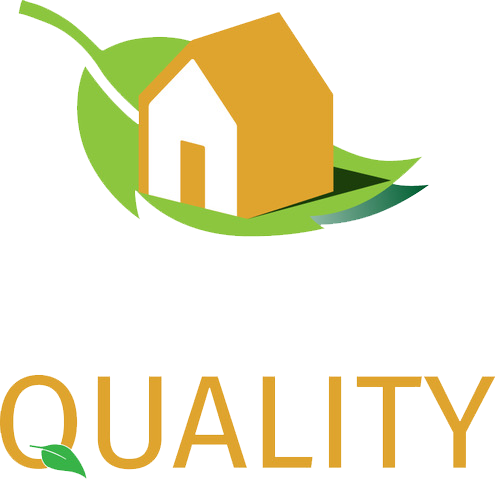Creating Sustainable, Resilient and Energy Efficient Commercial Buildings
Scope Of The Project
Millennium Business Centre has proposed a warehouse building extension to the rare of the existing warehouse. Sustain Quality Ltd has been appointed to support the feasibility and planning process by reviewing the previous energy strategy and providing an updated Energy and Sustainability Statement for the project, including BREEAM. We devised energy reduction strategies and also predicted energy usage by calculating the regulated energy demand and resultant CO2 emissions for the prosed development.
Tools For Tasks Implementation
For the energy reduction strategy, we created energy efficient designs solutions to reduce energy demands within the building while observing the implications of the Building Regulations and local policy. As a result, the assessment suggested the application of Passive Design Principles to minimise the amount of applied energy for heating, lighting, and cooling a building. Also, we observed the Building Design Principles that utilise materials and building methodologies that minimise energy use. We further evaluated low carbon technologies involving either a connection to a decentralised heating network or installing a Combined Heat and Power (CHP) engine. We also assessed renewable technologies to determine their applicability to the development. Some of them were Photovoltaics, Solar Thermal, and Solar Warmed Air, among others.
Challenges For Tasks Implementation
The task required careful consideration of the feasibility of the proposed design and U-values originally used while reviewing its energy and sustainability strategy. There was a requirement to also adhere to the context of the site, local planning policy, and the 2013 Building regulations. The assignment also restricted us to following the guidance of the London Borough of Brent’s Core Strategy of 2010 and Development Management General Policy (DMP1). In our energy statement, there was a need to propose carbon reduction strategies that complied with the aims of Policy CP19. While predicting energy usage by calculating the regulated energy demand and resultant carbon dioxide emissions in the building, we have to use sophisticated tools like the Simplified Building Model (SBEM Interface) – IES VE Compliance 2016 v.7.0.6.0.
Key Achievements
After reviewing the initial energy strategy, we provided various energy sustainability methods for the proposed warehouse building extension. They included introducing onsite carbon reduction designs using low carbon, renewable technologies, and completing BREEAM Assessment. For instance, we introduced the use of passive design principles which use local climatic conditions to reduce the amount of energy needed for heating, cooling, and lighting. The proposal prioritised building design principles that minimise energy uses and creating envelop Thermal Performance. We further designed low carbon technologies involving using decentralised energy production and Combined Heat and Power. We also helped the management in choosing the best renewable technologies like photovoltaics. Nevertheless, we conducted a BREEAM assessment on behalf of the stakeholders in areas like management, health, and wellbeing, energy, water, and waste to check if they achieved the target BREEM ‘Very Good’ ratings.
Benefits For Clients
By adopting carbon reduction strategies, renewable energy, energy efficient methods in the proposed building, the management of Millennium Business Centre will reduce the annual energy expenses. If they implement the design principles which we proposed, they will comply with the regulations outlined in various jurisdictions to avoid trouble with various authorities. For instance, they will meet the energy performance requirements of Part L2A of the Building Regulations. They will also demonstrate compliance with the principles of sustainability described in the London Borough of Brent Core Strategy. The BREEAM assessment aims to help the management to know if they meet ‘Very Good’ ratings in regards to management, health, and wellbeing, energy, water, and waste. Attaining such ratings will assure the clients that they have best practice planning, energy efficiency measures, full compliance, and occupant wellbeing. Besides, there is an assurance that they are using ethical and sustainable materials and EPC ratings.
For further information contact us on +44 1372 438 039




